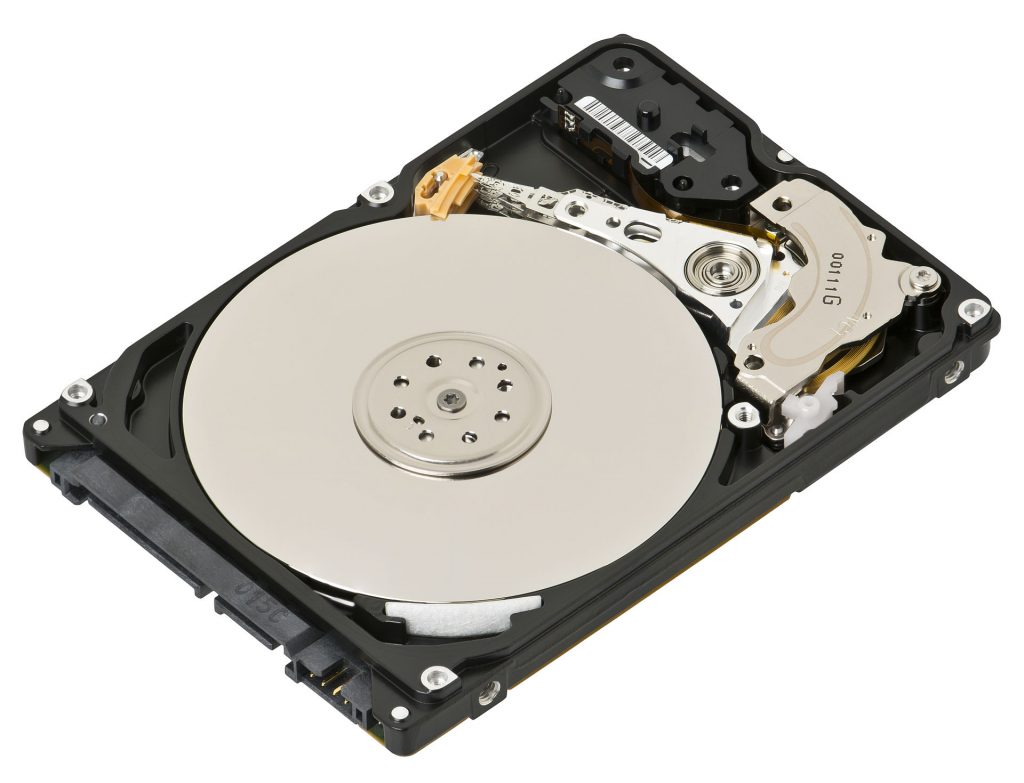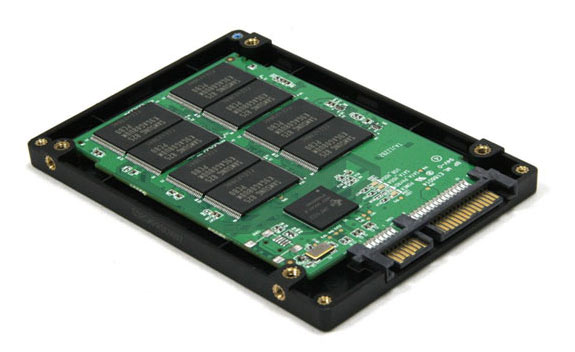What is a HDD or SSD, and which is better for you?
What’s the difference between HDDs and SSDs? Hard Disk Drives (HDD) and Solid State Drives (SSD) are similar when it comes to the job they are doing, storing your data and your computer’s OS. But when it comes to how they store or access your data it can be very different. This guide will go in depth of how each type of storage drive works, along with the advantages and disadvantages of each drive.

Hard Disk Drive (HDD)
Hard drives work by having a one or more magnetically sensitive platters, an actuator arm, and a motor to spin the platters and move the arm. There is also an I/O controller with firmware that is used for communicating between the drive and your computer.
Each platter spins at about 4200rpm to 7200rpm (consumer grade). The higher the speed, the faster a hard drive will be able to read and write data. That means with a 7200rpm drive you can reach speeds of up to 300MB/s for reading and writing. Because of the moving parts in a HDD, a drop of your computer or old age can cause these mechanical parts to fail and possibly cause data corruption or complete loss.

Solid State Drive (SSD)
Solid State drives have newer technology that has been rapidly progressing over these past years, adding more storage capacity and speed every year! SSDs reply on electronic storage in non-volatile memory, meaning that data won’t disappear when the computer is turned off. Because of this newer technology, SSDs are more expensive and usually smaller storage capacity than HDDs, however because of these electronic chips SSDs are much faster. Another bonus is because of no moving parts SSDs are much more durable and could survive a drop without the risk of your data being damaged.
Which should I choose?
- I want my computer to boot up fast! – You want SSD
- I need to store alot of data! – You want HDD
- My data is important! – You want SSD
- I plan to store lots of games! – You want HDD
- I want my system to be fast but want lots of storage – You can use both! Ask us how!
